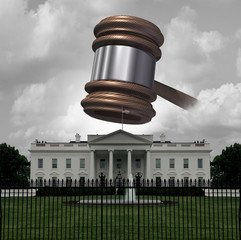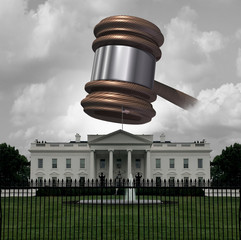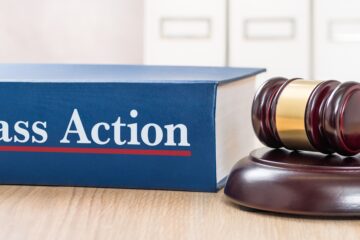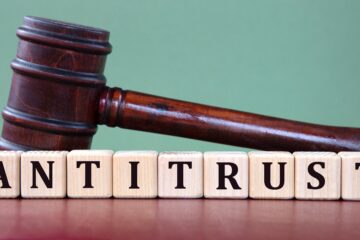
“As a first-term Democratic Congresswoman from New York, Elizabeth Holtzman recalls being the only one willing to ask President Gerald Ford tough questions about the most controversial act of his administration.
One month to the day after becoming the first person ever to occupy the Oval Office without having been previously elected president or vice president of the United States, Ford generated a national outrage by issuing a full and unconditional pardon to his predecessor, Richard M. Nixon, for any and all crimes Nixon may have committed as president.
Holtzman, a member of the House Judiciary Committee who had previously voted in favor of bringing three articles of impeachment against Nixon, found the pardon extremely questionable and wanted answers. For instance, several Watergate figures were set to stand trial, and Holtzman wanted to know how the pardon would affect those proceedings and if the White House had spoken with the special prosecutor.
Most important, she wanted to know what many people were already speculating: Was there a “corrupt bargain” between Ford and Nixon in which Nixon got his pardon in return for resigning? When the committee decided to investigate the pardon, she thought it would be similar to the detailed, fact-finding process utilized during the Nixon inquiry—especially after Ford announced he would take the rare step of appearing before the committee to testify.
“I had just come from the practice of law, and you usually didn’t talk to an important witness without doing preparation,” says Holtzman, who joined Herrick Feinstein in 1994 and is currently counsel at the firm. “I suggested we get the documents relevant to the pardon and call some of the people who participated in the negotiations to interview and question them so we’d be ready. Guess what? The committee refused to do that.”
This article was originally posted in the Aba Journal. To read the rest of the article click here.



